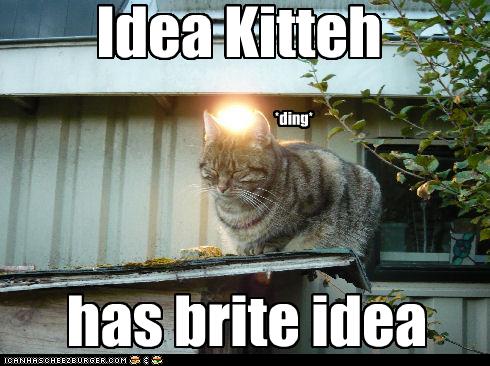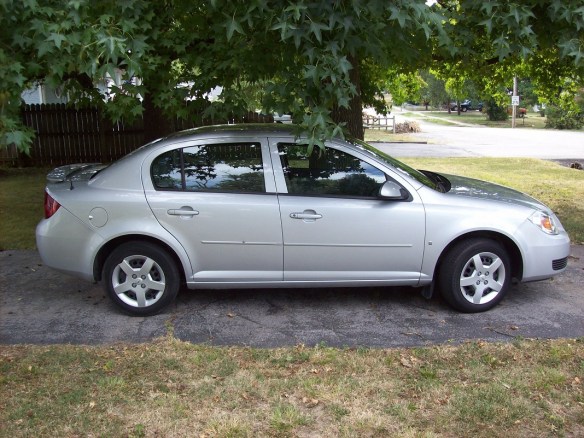Happy Halloween and NaNoWriMo 2019 Eve!
I’ll post a word count, etc. every day during NaNoWriMo. Posts may be short, especially during the first week, since I’m moving and hopefully at least temping while I continue the job hunt in a bigger market.
It bugs me that I didn’t make more progress on editing Book 2 this year. I got distracted by the conlang and life things. I decided to proceed as if nothing will happen with Pitch Wars and Tunerville. While I will be disappointed I’m not selected, writing New Book will undoubtedly take my mind off it for a bit.
The advice “Write what you want to read” has produced some really amazing works. I mostly read genre fiction. I’ve been struggling to land on a type in which to specialize. When I decided to get serious about my writing, I originally intended to do whatever I wanted, regardless of genre. No restrictive branding slots for me!
Of course, publishing and marketing don’t work that way. Bookstores have categories, and if you do well in one, you tend to get locked into it. Only huge success a la Stephen King allows you to break out and write whatever and still make money, and even then, you’ll have readers who eschew any non-conforming works.

For the record, I’m a die-hard SK fan who really liked Joyland.
While I enjoy literary fiction, I’m not sure it’s best for me as a writer. Secret Book, despite its ignominious end as a trunk novel, taught me how to elevate my writing. It contains some of the best prose I’ve ever produced, even if the premise was cringingly awful. My grad school writing professor, a Mark Twain scholar, told me that no time spent writing is wasted, and she is right.
Neither is time spent reading. Even as an unpublished writer, I get questions from non-writers about craft, and the two things I emphasize most are writing (butt-in-seat!) and reading. Although there really are no new stories, there are as many ways to write them as there are writers, and reading will fill your inspirational well. If you read widely, you’ll see what works and what doesn’t.
If you’re a screenwriter, you must watch movies (and read scripts). It does not matter what kind. Despite what certain directors have said recently, there is value in all cinema.
Speaking of that, I just want to disavow people of the notion that comic books, horror films, and comic book films can’t be recognized as fine art.
Some of the most beloved classics are fantasy. Peter Pan, The Lord of the Rings, Alice in Wonderland . . . I’m sure you can think of some. Frankenstein, or The Modern Prometheus is arguably science fiction but I had it twice in college.

Image: Wikipedia (public domain)
When Peter Jackson’s adaptation of The Return of the King won 11 Oscars in 2004, including Best Picture, I cried. It was the penultimate film from a book that has set a nearly unsurpassed standard for the high fantasy genre, a film with elves and orcs and hobbits and dwarves and all manner of beasties, with a villain who is nothing more than an immense, ever-open eye. I cried because it was like the opening of the Black Gate in real life, behind which the books and movies we loved were dismissed and imprisoned.
And it’s given us movies like Avengers: Infinity War and Endgame. Story arcs with iconic and beloved characters like Captain America and Iron Man, whose actors can play them with depth and nuance because the writers want us to see them that way and there’s room now to do it.
No longer are comic books a joke; now they’re winning Oscars for costume design and music (Black Panther, in 2019), and even acting. Heath Ledger’s posthumous award for playing the Joker might have seemed a nod toward the tragic cutoff of a promising career, but it absolutely was not. Anyone who saw The Dark Knight knew they were watching a darkly brilliant performance, and it didn’t matter that he played a comic book character.
To be fair, Martin Scorsese has a point in that Marvel’s dominated the movie house to the point where indie-style pictures can’t get greenlit easily or at all. Publishers have behaved similarly in blowing off new and midlist authors for fiction with mass-market appeal, because publishing is a business, after all.
Looking at my past works, I see speculative elements in every one of them (with the exception of Rose’s Hostage, another trunk novel). Very well then. Tunerville and Book 2 are urban fantasy, with ghosts and portals but set in the real world. It leads to you didn’t think I was actually going to tell you what happens, did you?
Now I shall try my hand at a full-on fantasy.

It may be a complete failure, but as my professor said, it won’t be a complete waste of time. Since these genres have become commercially viable, that gives me hope. Writers who enjoy fantastic fiction have a shot. But we still need to be true to ourselves, even while hoping it hits that sweet spot leading to publication and even moderate success.
We want to write it, and we want you to be able to read it. That’s a worthy reason to keep doing this. To everyone participating in NaNoWriMo, good luck!







